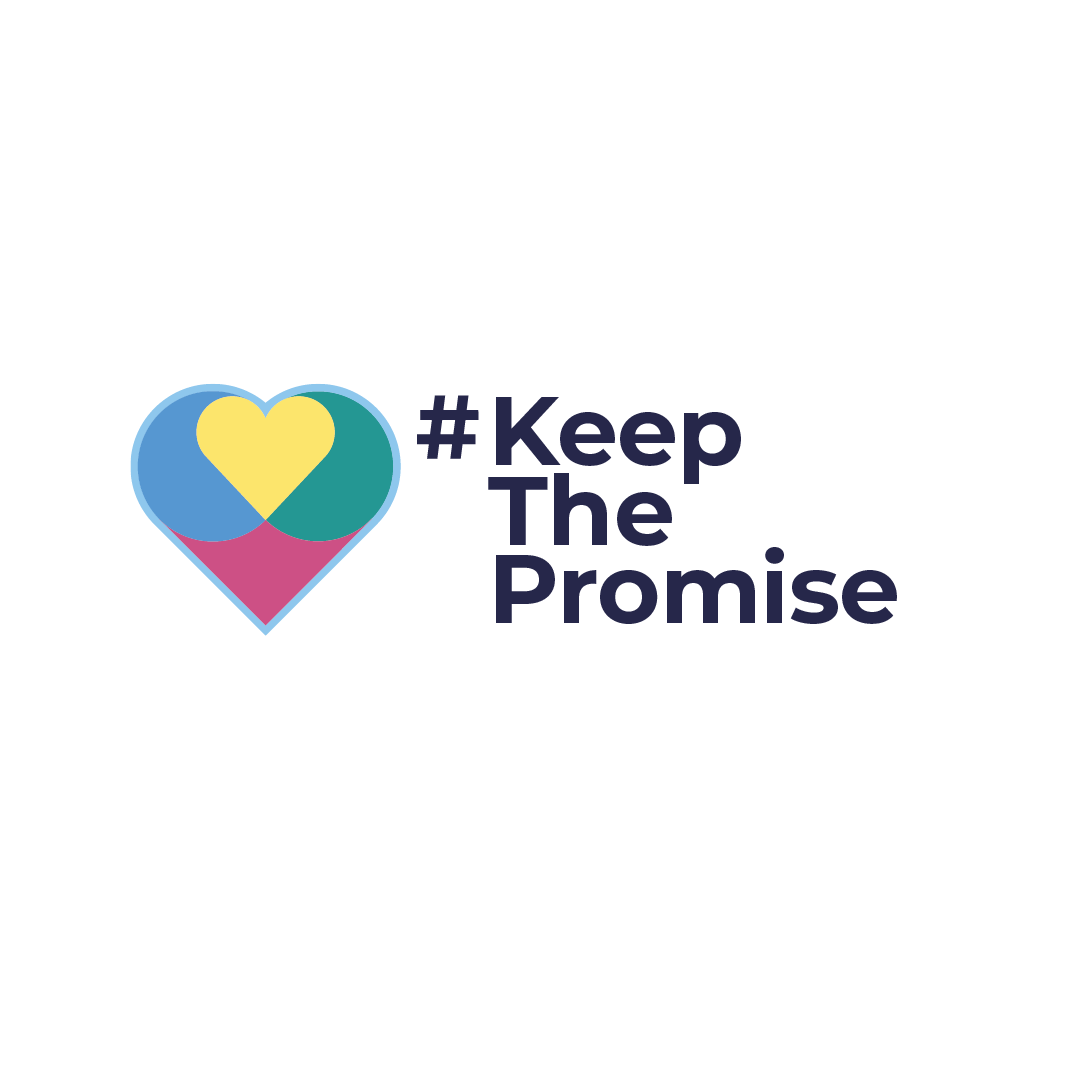Family Mediation Week: How the UNCR underlines the work of Mediation & Support
Jo Harknett, Mediator with Cyrenians Mediation & Support, describes how the United Nations Convention on the Right's of the Child (UNCRC) underlines and supports their work with young people, children and families.

[Names and specific identifying details have been changed to protect the confidentiality of those we work with]
Clarifying and legalising children’s rights has been the work of progressive governments and the United Nations for several decades now, and the UNCRC impacts on all services working with families. The Mediation & Support team at Cyrenians believe that the support we offer families who are in conflict upholds many of the UNCRC articles as shown in the following brief case study:
Evie was brought up by her Gran, along with her sister, from the age of three-years-old. When we met her aged 16 she had spent almost three years in residential children’s homes and secure care due to the danger she posed to herself and to others in the community. Evie had a diagnosis of Autism Spectrum Disorder (ASD) and past trauma; she had several charges against her; she had used alcohol and drugs to cope with difficult feelings and she suffered with low mood and anxiety. Our team worked with Evie, her sister and her Gran to help them express their needs to each other positively and to understand each other better, in order to improve their relationships and communication at home.
Our work addressed many of the UNCRC’s articles; I will consider just three areas here.
Article 12: Young people have the right to an opinion and for it to be taken seriously.
When Evie returned to Gran’s house to live last year, she agreed to try mediation and she talked to Gran with the mediator on several occasions. Evie was able to express things to Gran which were helpful; for example, explaining to Gran the distress she felt when Gran raised her voice to anyone in their home, and the way ASD affected her facial expression, which Gran often misinterpreted. Gran and Evie agreed to respectfully check out with each other if they understood how the other person was feeling at a given time. Gran found it easy to express her thoughts, but mediation allowed space to be made for Evie’s voice, thoughts and opinions to be heard and explored.
Article 13: Young people should have the right to find out things and say what they think.
The Family Outreach Worker supported Evie to understand all the information affecting her within the court system and accompanied her to meetings with housing officers and throughcare social workers to discuss possible longer-term housing options. She helped Evie ask any questions she had and express her thoughts. The Family Outreach Worker (FOW) also corresponded with a local college, alongside (and sometimes on behalf of) Evie, regarding her further education. We also enlisted the help of a Barnardo's worker who specialised in neurodiversity. He met with Gran and Evie separately over six months to improve their understanding of ASD and the ways it affects Evie, as well as offering ideas for how to manage any challenges it brings.
Article 5, 9, 18: Young people have the right to live at home and to receive guidance from parents and family (as long as these aren’t detrimental to them).
We worked with Evie and her Gran to explore what was good and what was more difficult about their relationship so that Evie could live with Gran (her sister and extended family) and it would be a safe and nurturing environment for her. Our conversations included considering life events that had impacted on their relationship; emotional regulation as a means of identifying and calming emotions; how ASD affects communication; the importance of non-verbal communication and the importance of praise without caveats.
Our work with Evie and her family helped them improve their relationships, which spoke to one of the main aims of the UNCRC which is ‘to recognize that a child, for the full and harmonious development of his or her personality, should grow up in a family environment, in an atmosphere of happiness, love and understanding’.





